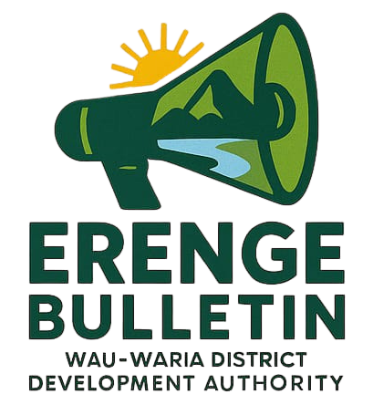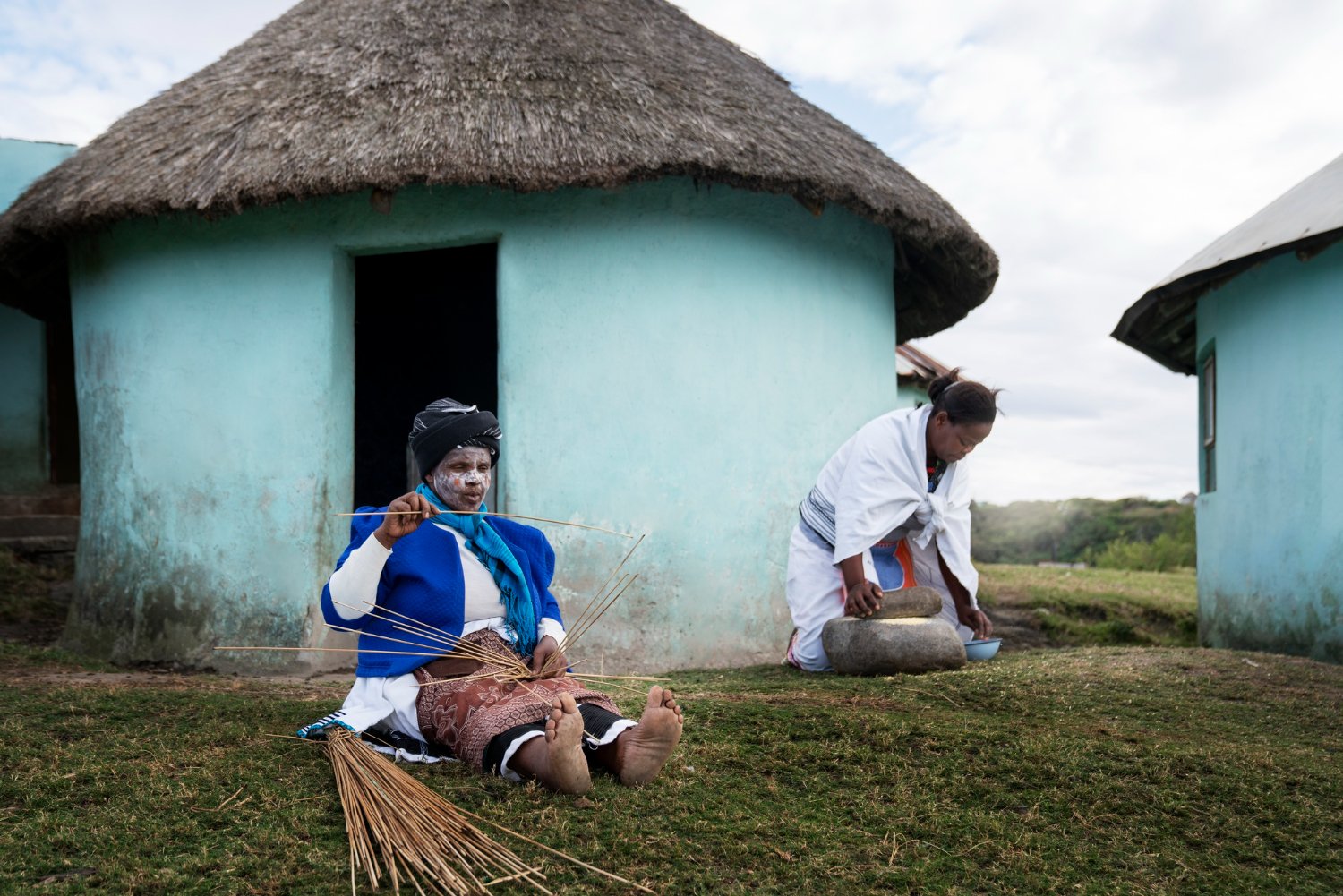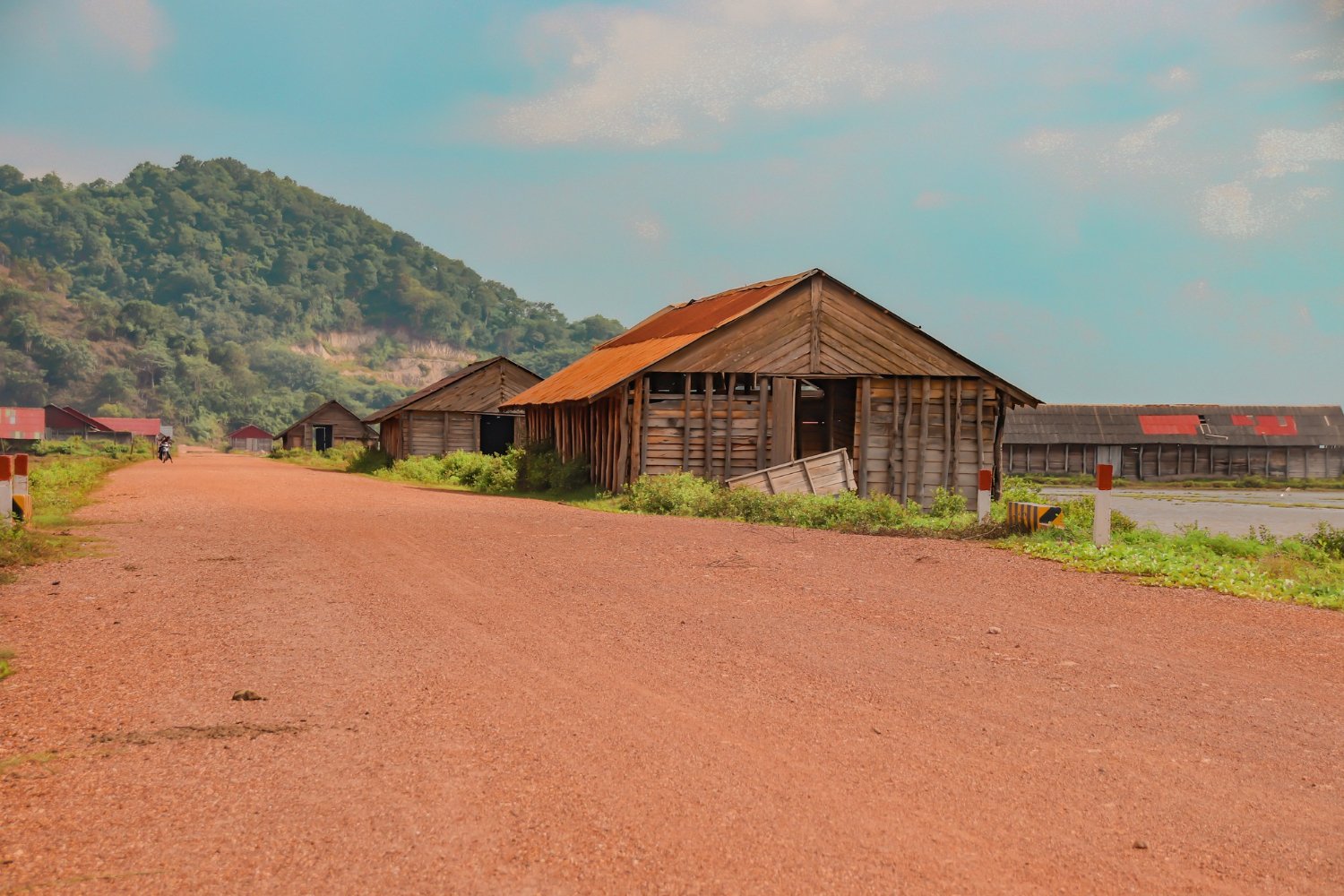In the lush and diverse landscape of Wau-Waria District, where rural communities are spread out across the vast terrain, traditional systems of justice have held strong for generations. While the formal court system often feels distant and disconnected from the daily lives of many villagers, Village Courts have long served as the backbone of local justice, providing accessible, culturally relevant, and timely dispute resolution. These village courts are the unsung heroes of justice, working quietly but effectively to uphold the law in remote areas.
But what exactly makes these village courts so vital, and how do they play a pivotal role in the lives of Wau-Waria residents?
A Long-Standing Tradition of Local Justice
In Papua New Guinea, Village Courts have been part of the legal framework since the 1970s, designed to bring justice closer to communities, especially in rural areas like Wau-Waria. These courts are community-based systems where local leaders, elders, and community representatives act as judges to resolve disputes. They deal with a wide range of issues, from family disagreements and property disputes to more serious matters like domestic violence, theft, and land conflicts.
One of the most significant aspects of Village Courts is their cultural relevance. Unlike formal court systems, which may seem foreign or intimidating to many rural villagers, Village Courts use local customs and traditions to help mediate and resolve conflicts. This familiar, culturally aligned approach makes it easier for people to access justice and feel that their voices are being heard in a way that respects their way of life.
Accessibility: Justice for All
One of the biggest challenges faced by rural communities in Wau-Waria is access to formal courts. Many of the district’s remote villages are located in areas that are difficult to reach, with few roads and limited infrastructure. This geographical isolation means that it can be time-consuming and cost-prohibitive for people to travel to the main towns or cities where formal courts are located.
Village Courts, on the other hand, bring justice to the doorstep. They are held in the heart of villages, making it easier for people to attend hearings and participate in the legal process. Whether it’s a case of land disputes, family matters, or minor criminal cases, the local nature of Village Courts ensures that everyone, regardless of their socio-economic status, has access to justice.
Speed and Efficiency: Resolving Disputes Quickly
Another key advantage of Village Courts is their speed and efficiency. In contrast to formal courts, which can often be bogged down by long waiting periods, extensive paperwork, and complex legal procedures, Village Courts offer a much faster process. Disputes can be settled quickly, often within days or weeks, depending on the complexity of the case.
This quick turnaround is especially important in a region like Wau-Waria, where tensions can escalate rapidly in the absence of resolution. The timely settlement of disputes helps maintain peace and order in communities, preventing minor issues from turning into larger conflicts.
Building Trust within Communities
The role of community leaders in Village Courts is another important factor in their effectiveness. These leaders, who are often well-respected figures within the community, are trusted by the people they serve. When they act as judges or mediators, their decisions are viewed as being more authentic and legitimate, as they are rooted in shared cultural values.
Because Village Courts are deeply embedded in local communities, they often have a stronger moral authority than formal courts. People are more likely to accept decisions made by someone they know and trust, which helps promote social harmony and peacekeeping in rural areas.
Bridging the Gap with the Formal Court System
While Village Courts have their own distinct advantages, they also play a crucial role in complementing the formal justice system. They often handle smaller cases, leaving the more complex legal issues to be dealt with by district or national courts. However, if a case is too complicated or requires higher-level intervention, Village Courts can refer the matter to the formal court system. This collaboration helps ensure that justice is served at all levels and that no one falls through the cracks.
Moreover, Village Courts help reduce the burden on formal courts by handling a significant number of cases. By addressing issues before they escalate to higher courts, these community-based systems help maintain order without overwhelming the formal legal system.
Challenges Faced by Village Courts
Despite their many strengths, Village Courts in Wau-Waria are not without their challenges. One of the major issues is the lack of resources. Many Village Courts operate with limited funding, making it difficult to provide adequate training for court officials or to maintain proper facilities. The lack of transportation and infrastructure also makes it challenging for judges to travel between villages to hold court sessions.
There is also the issue of gender inequality in some areas, where women may face discrimination in the court system. Ensuring that women and vulnerable groups are fully protected by the Village Court system is an ongoing effort that requires education, awareness, and training for all involved.
Moving Forward: Strengthening Village Courts
For Village Courts to continue their important role in Wau-Waria, it is essential to provide them with the resources and support they need to thrive. This includes:
- Better funding to ensure that courts can operate smoothly and handle the increasing number of cases.
- Training programs for local leaders and court officials to improve their knowledge of human rights, gender equality, and conflict resolution.
- Increased collaboration between Village Courts and formal courts to strengthen the overall justice system.
By addressing these challenges and supporting the work of Village Courts, we can ensure that they remain the unsung heroes of justice in Wau-Waria, providing the foundation for peaceful, equitable, and accessible justice for all.
Conclusion: A Pillar of Justice in Wau-Waria
Village Courts in Wau-Waria are not just institutions for resolving disputes; they are crucial pillars of the community, ensuring that justice remains accessible to everyone, no matter how remote their village. Through their cultural relevance, speed, and trust within local communities, these courts serve as the guardians of peace, fairness, and social order. As we look to the future, strengthening and supporting these courts will be essential in ensuring that justice remains a right for all, regardless of where they live in Wau-Waria.






